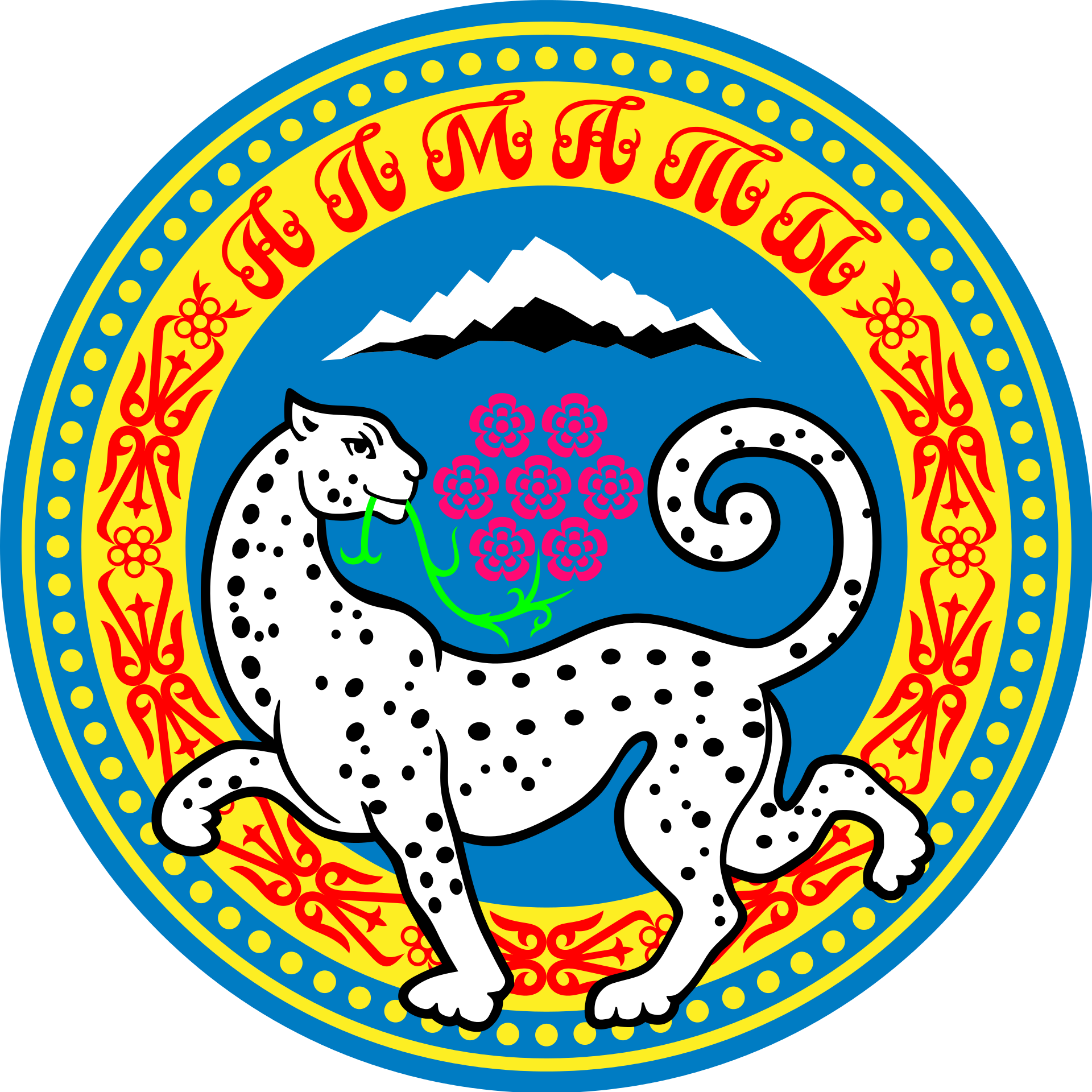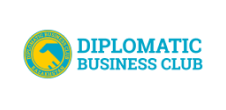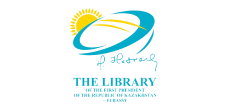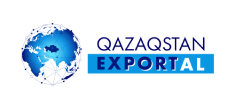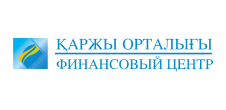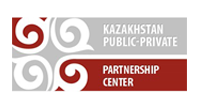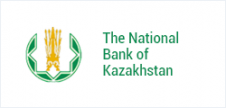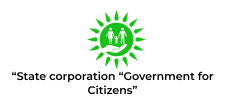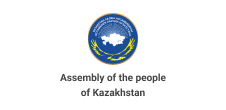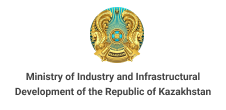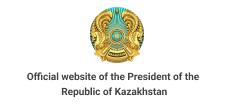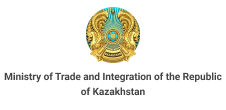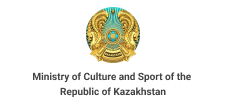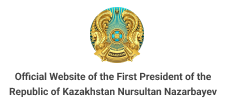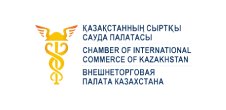Challenges and Changes: Kazakhstan Through Eyes of World Bank
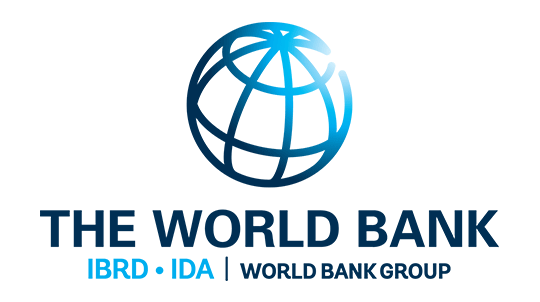
WASHINGTON DC – Thirty-two years ago, Kazakhstan began an unprecedented journey. As the country embraced independence from the USSR, its economic system, like those of other former Soviet republics, began to experience radical change. Fast forward to today and Kazakhstan is a world player in the oil trade, a growing force in the trade of rare earth minerals and a burgeoning source of fintech.
The road that Kazakhstan traveled to reach the success of 2024, however, was far from easy. It required strategic thinking, calculated risks and sometimes painful changes. The World Bank played a crucial supportive role as the country sought to create an independent free market economy. The organization continues today to be a strategic partner for Kazakhstan. We spoke with David Knight, the lead country economist of the World Bank for Central Asia. Knight, with contributions from his colleagues Natasha Sharma, Azamat Agaidarov and Henry Aviomoh, was kind enough to provide a detailed analysis of Kazakhstan’s current challenges and future opportunities in an in-depth interview.
The World Bank’s projects in Kazakhstan

David Knight
In reflecting on significant projects that the World Bank has undertaken in Kazakhstan in recent years, Knight noted that the bank’s partnership in Kazakhstan spans more than 30 years and is guided by the Kazakhstan Country Partnership Framework (CPF) 2020-2025.
“The WBG includes the International Bank for Reconstruction and Development (IBRD), the International Finance Corporation (IFC) and the Multilateral Investments Guarantee Agency (MIGA). Our support and interventions are informed by the government’s priorities and our analytical work, including through our Joint Economic Research Program (JERP), which informs the government’s economic and social development reform agenda, and has been in place for over 20 years. Since engaging in Kazakhstan, IBRD has supported 50 projects with over $8 billion,” he said.
Today, the bank has six active projects focused on areas such as connectivity, water systems, innovation and technology, landscape management and restoration, and education modernization.
“These projects are already showing tangible results,” Knight added.
Some highlights include the 1,600 kilometers of road constructed along an International Transit Corridor from Western Europe to Western China to facilitate trade and logistics, which has also strengthened local connectivity. Agricultural investments have resulted in 76,000 hectares of irrigation and drainage services being improved and the development of 700 kilometers of lined canals. IBRD and the IFC have supported around 250,000 small and medium enterprises to deploy innovative technology.
Other projects included institutional support to tax administration and the justice sector. IFC’s focus on private sector solutions to address development challenges has seen a portfolio of over $257 million. Examples of partnerships include helping the government to structure a public-private partnership to develop the Almaty Ring Road (BAKAD) and the construction of a new terminal at Almaty Airport.
Meanwhile MIGA’s focus on providing guarantees has been instrumental in facilitating private investment into rail. In 2023, MIGA issued a guarantee of more than $500 million to the National Railway Company Kazakhstan Temir Zholy (KTZ) to help access long-term international commercial financing at favorable terms, which is expected to increase the reliability of railway services and track network and improve safety.
Knight emphasized that the World Bank plays a role beyond economic support.
“But the Bank’s contributions are not just about financing, and we are importantly a ‘knowledge bank.’ We have, and will continue to, leverage our deep global experience and long presence in Kazakhstan to provide policy-relevant analysis and ideas and engage in dialogue to support a successful and ambitious reform agenda in Kazakhstan. For example, last year, our Country Climate and Development Report supported the government’s preparation of the Low Emissions Development Strategy in Kazakhstan while our Country Economic Memorandum, Dependence | Distance | Dispersion, mapped out a chart for feasible economic development. JERP analysis has supported the drafting of a new Investment Policy Concept, the Concept of Local Self Governance, a new Law on the Development of Agglomerations, and a new methodology for setting the minimum wage to name just a few,” he said.
Priorities for private sector-led growth and societal development
When asked about the priorities that need to be addressed by the new government and how Kazakhstan can handle internal challenges, Knight said the priorities for growth differ from country to country, depending on the specific context and comparative advantages.
“For Kazakhstan, the focus should be on unleashing the dynamic and innovative forces of the private sector to lead the way, with the public sector taking a back seat by facilitating this growth, rather than directing it,” Knight explained. “In practice this means reducing the state’s footprint in competitive, economic sectors and upgrading the regulatory framework for state-owned enterprises to ensure a level playing field and encourage the private sector to thrive, which in turn can create new sources of jobs. Business support policies, and industrial policy more generally, can and should play a role in Kazakhstan’s development trajectory but it must play second fiddle to the private sector and be carefully designed to reinforce economically viable activity and not to provide ‘life support’ for dead-end sectors of the economy. This applies especially to the financial sector, where prevalent government subsidies currently distort the market and undermine the powerful role it can play in growth. Upgrading and liberalizing international trade in goods, services, and in digital spaces will be critical for identifying new growth and export opportunities in Kazakhstan.”
Knight not only commented on economic factors but also considered societal issues. Literacy rates are needed to operate successfully in a modern world economy.
“This is a critical area to address because a highly skilled workforce increasingly becomes the most important asset of a country as it strives to reach high-income status,” he said.
Between 2012 and 2022 Kazakhstan made progress in strengthening various aspects of governance, including control of corruption and government effectiveness.
Knight noted that while Kazakhstan has made progress in strengthening its social protection system, there are further steps that can be taken.
“For example, as the government moves to phase out fossil fuel subsidies, the financial capacity of the housing utilities program, a local government social protection program, could be strengthened. Greater means-testing and climate vulnerability mapping can help to improve the targeting and coverage of social protection programs for the poorest and most vulnerable. Partnership with the WBG can help in all these areas through access to our global knowledge and expertise, policy reform, and new investments. Furthermore, complementary support from the IFC and MIGA in facilitating high-value private sector investments in priority areas can have a big impact too,” he said.
Diversification of economy
Kazakhstan’s efforts to diversify its economy have some challenges. Over the last two decades, the composition of exports has continued to be dominated by petroleum exports, and services trade as a share of GDP declined over this period.
“We advise that, rather to focus on specific sectors, to seek to diversify the country’s assets, as set out in the report, Diversified Development, to sustainably shift the country’s capabilities beyond a narrow focus on natural resources. The decarbonization agenda can also support economic diversification. A commendable Low Emissions Development Strategy is in place which now requires action to ensure implementation. Taking tangible steps towards carbon pricing, making the emissions trading system functional, investing in renewable energy, and deploying new technologies could have substantial payoffs for the country. In this sense, decarbonization can be seen as a new driver for economic growth to support new technologies and innovation, which will require the state to play an enabling role,” he said.
Knight shared his opinion on the goal, set by the government of Kazakhstan, of doubling the country’s GDP in the upcoming five years.
He noted, “The government target towards doubling the GDP will entail growing at 6 percent, in real terms, every year for five years. This is a very ambitious goal, which few countries have achieved. But even if Kazakhstan does not reach this goal, it is a laudable ambition and can be a call to action to make the radical and brave reforms necessary to raise growth and sustain this improved performance. We have already highlighted the three areas where Kazakhstan needs to make progress – enterprise and dynamism with the state facilitating greater innovation and research, human capital and social mobility, and the decarbonization agenda which can support new markets and diversification. With commitment and concerted action, a lot can be achieved in five years to move Kazakhstan back onto the trajectory to high-income status,” he said.
According to the expert, what is most important, and can be done quickly, is to develop and implement a new generation of structural reforms that tackle the biggest constraints to growth.
“Moving towards decarbonization requires a new mindset and for industrial players to refocus their efforts on clean and greener technologies. Developing human capital is a longer-term endeavor but is one that is important to focus on, nevertheless. Re-engineering the role of the state, from SOEs and direct intervention to oversight and incentives, is critical to unleash the private sector and create jobs. Many of these reforms will be tough and encounter opposition by some groups. But evidence suggests that this is what is needed for the betterment of the country, and ultimately, in the interests of all,” he said.
Cooperation with the Kazakh government
Knight noted that The World Bank works closely with the authorities to identify and support transformational projects in the joint priority areas. The program in Kazakhstan builds inclusive growth and the transformation of Kazakhstan into a modern society with a more effective system of public administration and a knowledge-based, diversified, and private-sector driven sustainable economy.
“Working with the government, we have developed a pipeline of new projects that support reaching high-income status with decarbonization and broad-based benefits for the population. The WBG works on the principle of the ‘cascade,’ which means that our support should leverage far greater amounts of financing from the private sector in priority areas. The types of investments that Kazakhstan needs requires more than the government and international financial institutions can provide,” he added.
However, facilitating private financing requires having an enabling environment for the private sector, where distortions are removed and a level playing field is in place.
“We currently have two new projects that are in the final stages of preparation. The Kazakhstan Digital Acceleration for an Inclusive Economy Project (DARE) will support equitable access to high-quality, affordable broadband infrastructure in remote areas and help to accelerate economic diversification and improved access to services. The Inclusive and Sustainable Economic Growth Development Policy Operation supports reforms in the economy to achieve tangible results, against which we provide direct financing to the government budget. Key areas of reform are related to the green energy transition, developing more competitive markets, and promoting inclusion. Looking ahead, we are committed to working in partnership with the government to develop new projects which can bring innovative and global best practice solutions,” he said.
Vision for future
Finally, when asked about vision for the future of Kazakhstan for the next five years, Knight stated that their vision for Kazakhstan is one in which people are increasingly empowered – to take risks, start businesses, invest in high potential enterprises, and to seek and gain opportunities to improve their skills and find jobs.
“This increasingly dynamic churn will spur innovation and productivity in new sectors of the economy. With new innovative firms entering the market, other firms may fail – this is healthy creative destruction that will propel the economy forward. The state should engage in an open and consultative way with a broad section of the public and the business community, and carefully form policy. Policies shouldn’t be rushed as time is needed to prepare but by the same token, time shouldn’t be wasted. A climate that fosters ownership and performance, rather than compliance in the public sector should be created. Public servants should be enabled to use their discretion, take risks, and not be suffocated by bureaucracy, while keeping robust, risk-based checks and balances in place,” he said.
Investments should be focused on Kazakh people and their movements empowered within the country.
“We would like to see Kazakhstan becoming a regional and global leader by forging new and multilateral economic linkages as it seeks to diversify and grow. Kazakhstan can be a leading part of a new, cooperative Central Asia that together will be on the map for major investors to establish dynamic economies of scale and value chains. This means working cooperatively to improve connectivity and reduce regulatory misalignments. And finally, Kazakhstan has the opportunity, as the largest economy in Central Asia, to be at the forefront of decarbonization initiatives which can spur economic diversification and new markets while contributing to global public goods,” he said.
From the author
The World Bank has a rich history, a compelling present relationship and an important future role to play in Kazakhstan. There is much to be learned from this institution’s analysis and advice when it comes to Kazakhstan’s best path to sustainable growth and development.
Source: astanatimes.com
